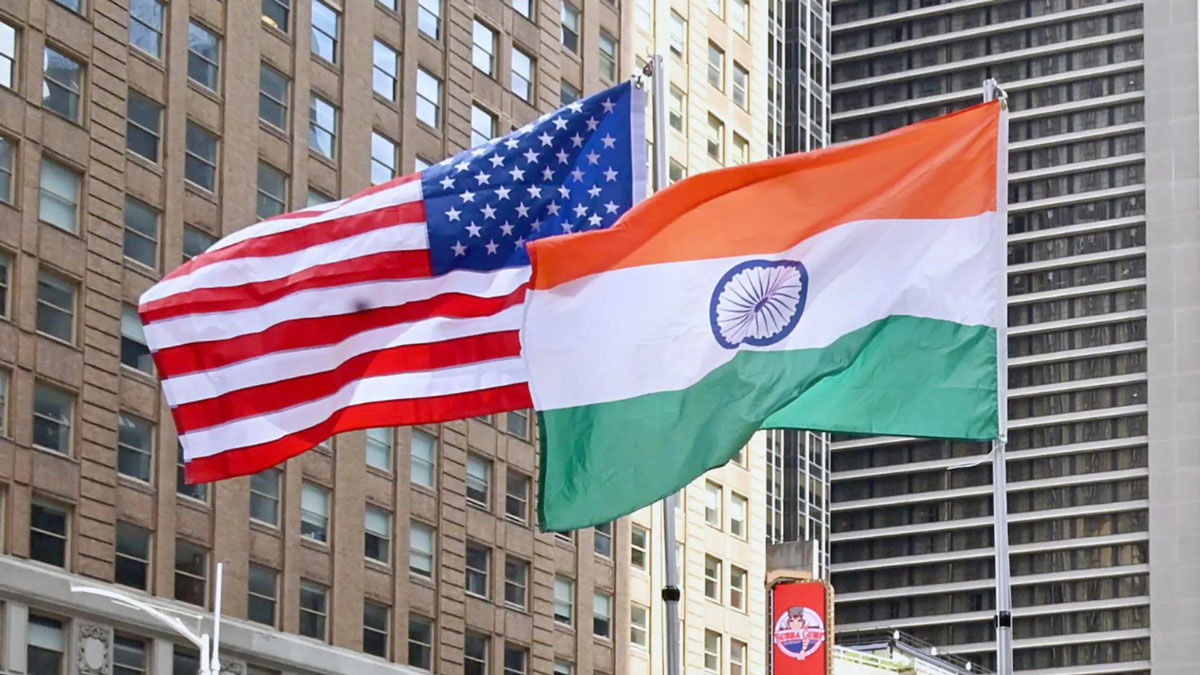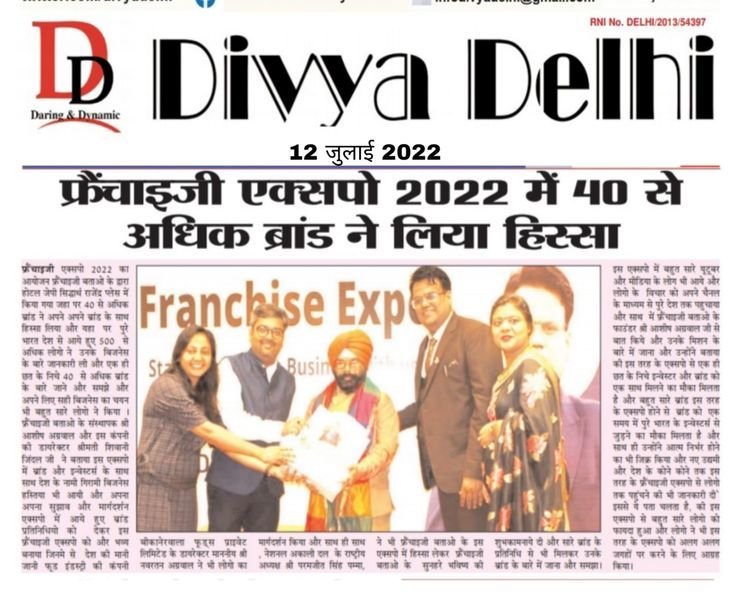
Divya Delhi: Will sign trade treaties with Washington in affirmation of the World Trade Organisation principles, or will it be investigated by the world trade regulator? Will the US pressure India to reduce the trade imbalance while the US has a trade deficit with India? These questions are vital as BTA talks will start soon. India is awaiting patiently for appointment of the US Trade Representative. Donald Trump’s government is most likely to nominate a representative within weeks, if not days.BTA talks will start after the US Trade Representative is appointed. Both sides will certainly bargain hard and extract as many concessions as possible, making it a long, torturous, and painful process.Analysts think the negotiations will be mutual and focus on a "give and take" dynamic. The US will put a 25% tax on steel and aluminum before the discussions.Donald Trump has also said that the US will impose tariffs equal to those imposed by India. The US imports a tiny percentage of India's steel and aluminum, but trade diversion may hurt India.China and Vietnam may dump their surplus products at competitive prices, harming India's steel and aluminum industry. The joint statement at the end of Prime Minister Narendra Modi's meeting with Donald Trump said the two sides will address improving market access, decreasing tariff and non-tariff obstacles, and strengthening supply chains. It has been hoped that the bilateral commerce may reach $500 billion in 2030. The US-India trade is projected to reach $193 billion, with India having a $45 billion trade surplus in FY 2024-25, making this a lofty goal. India may also be pressured to buy more to reduce the trade deficit.The two nations will also talk about boosting US industrial goods exports while importing labor-intensive items like diamonds, jewelry, textiles, auto parts, and engineering parts from India. India may persuade the US to acquire more of its $4 billion in agricultural exports. Analysts believe the Donald Trump administration is most likely to exploit the proposed BTA to compel India to buy more and more of its goods and increase the US imports several folds. India's response to the problem is crucial; it may either give in to US pressure or negotiate for greater concessions using reciprocity and "give and take" instead of appeasement.
- Education(148)
- India(771)
- Entertainment(399)
- Sports(272)
- Business(226)
- Bollywood Hollywood(95)
- International(196)
- Life & Style(91)
- Opinion(139)
- Educational(5)
- Crime(7)
- Technical(6)
- World(18)


